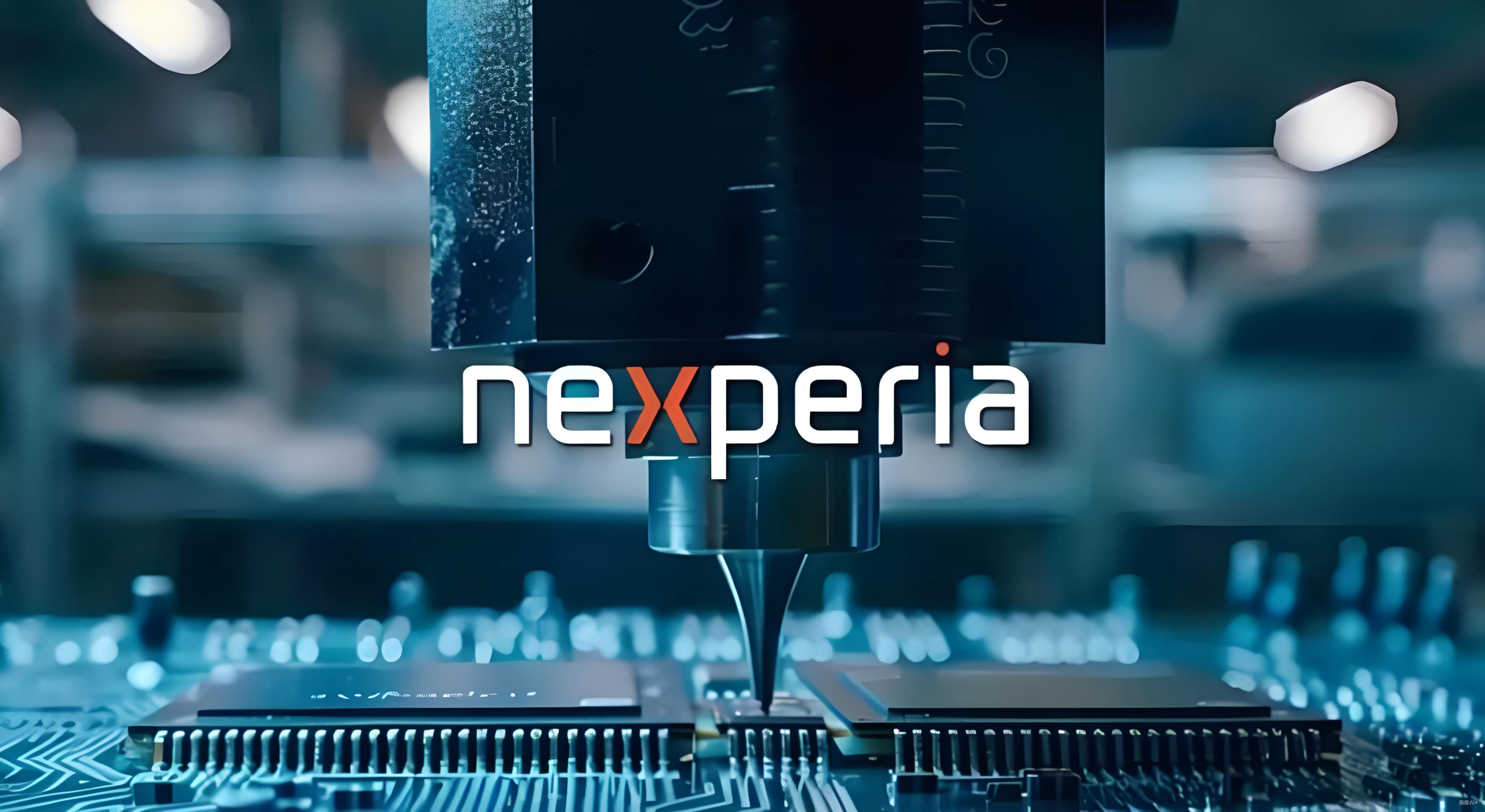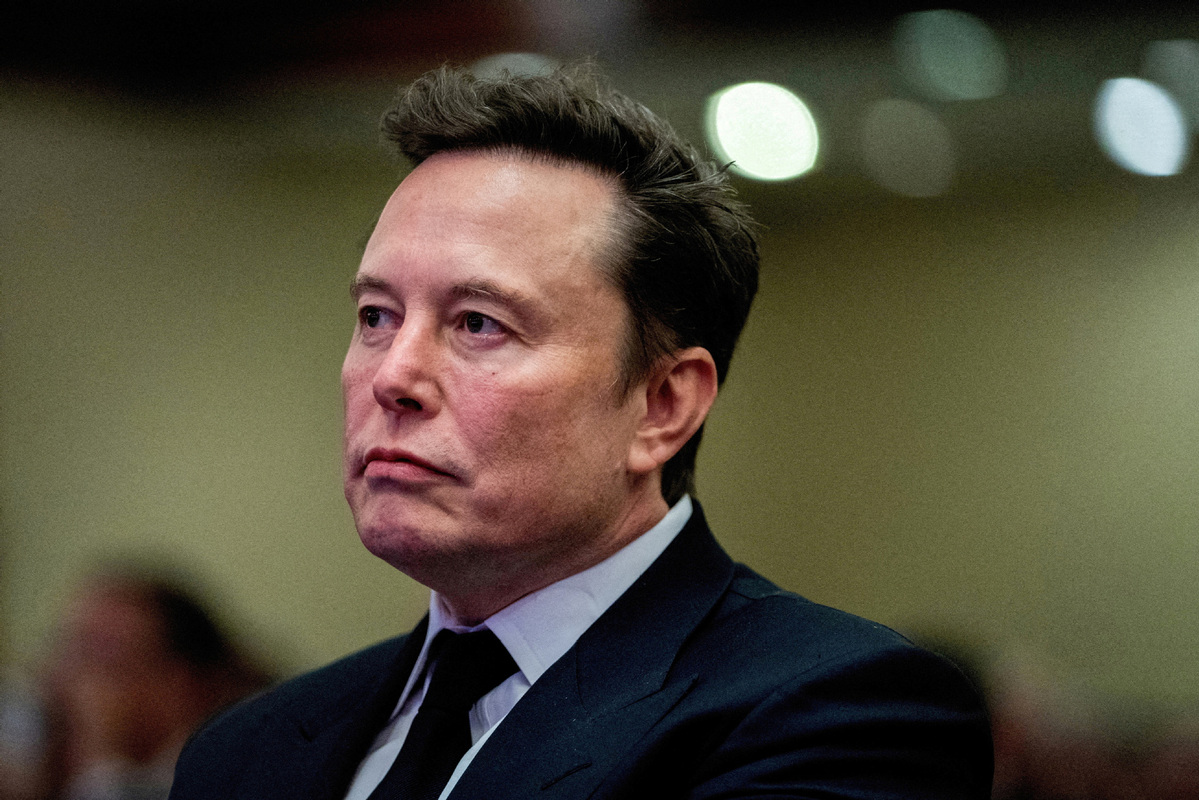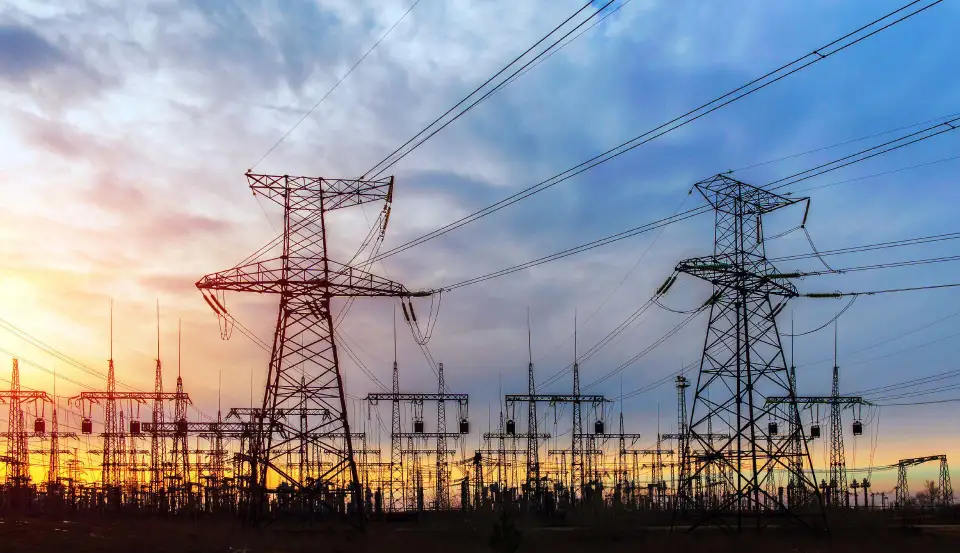After forcibly seizing the Chinese enterprise Anshi Semiconductor, the Dutch government once again reversed the truth and put on a robber logic face in the face of disrupted global automotive production lines. Bloomberg reported on November 7th, citing sources familiar with the matter, that the Netherlands is preparing to suspend its seizure of control of Anse, but only if it demands that China resume key chip exports.
Insiders have revealed that if China agrees to resume exports of key chips, the Dutch government will be prepared to shelve the ministerial order previously granted to it to block or change major corporate decision-making power at Anse.
According to informed sources, if chip supply is restored and verified in the coming days, the Dutch side may revoke relevant powers as early as next week, but at the same time, the financial issues between Anse (Netherlands) and Anse (China) must also be resolved.
After the news came out, the stock price of Anshi’s parent company, China Wentai Technology Co., Ltd., rose sharply in the last few minutes of trading in Shanghai, closing up nearly 10%. The stock price of Volkswagen Group, the largest car manufacturer in Europe, rose by 1.3% in early trading in Frankfurt, and the Stoxx 600 Automotive and Parts Index also rose slightly by 0.7%.
As tensions show signs of easing, Dutch Minister of Economic Affairs Vincent Caremans issued a statement on the evening of the 6th local time, stating that the Netherlands has received notification from China and the United States that the economic and trade agreement reached last week will allow for the resumption of shipments from Ansea Semiconductor’s Chinese factories. “Given our constructive dialogue with China, the Netherlands believes that chips from China will be re supplied to Ansea customers in Europe and around the world in the coming days.

Dutch Minister of Economic Affairs Vincent Caremans was interviewed by Dutch media in October regarding the Ansea Semiconductor incident.
In fact, this global chip supply crisis was completely triggered by the Dutch government. At the end of September, the Dutch side invoked a “Supply of Goods Act” that had not been used since 1952, seizing decision-making power from Anse. According to the ministerial order issued by Karemans at the time, the Dutch government has the authority to prevent or modify key decisions of Anse, including the relocation of some of the company’s businesses or the dismissal of executives, for a maximum of one year.
Several foreign media outlets have previously noted that the Dutch government’s actions are closely following those of the United States. Just before the Dutch seizure of power, the Bureau of Industry and Security (BIS) of the US Department of Commerce issued a “penetration rule” that extends export controls to subsidiaries of “entity list” companies that hold more than 50% of the shares. As a wholly-owned subsidiary of Wentai Technology, Anshi Semiconductor is immediately subject to the rules, and its global supply chain system and technology procurement activities are facing comprehensive restrictions.
According to a previous report by the Financial Times, Wentai Technology stated that the scope and restrictions of the Dutch government’s directive have far exceeded conventional risk management, and are a serious and unreasonable external takeover of a normally operating enterprise. After the Dutch government seized control of its management, hundreds of positions in the Netherlands, Germany, and the UK were in jeopardy, with important employees leaving and many industrial operations suspended.
After the incident, the global automotive supply chain was hit by a major earthquake, affecting all American, European, and Japanese car companies. The main lobbying organization in the European automotive industry has warned that if the dispute is not resolved, European car manufacturers may be forced to suspend production within a few days as inventory runs out. The Netherlands and the European Union are also urgently seeking consultations with China to resolve this matter.
On October 30th, the Chinese Ministry of Commerce answered questions from reporters regarding the joint arrangement of the China US Kuala Lumpur Economic and Trade Consultation, stating that the US will suspend the implementation of its 50% penetration rule for export controls announced on September 29th for one year, and China will suspend the implementation of relevant export control measures announced on October 9th for one year, and will study and refine specific plans.
After the United States pressed the pause button on the “50% penetration rule”, the Netherlands, which had previously followed in the footsteps of the United States to seize the position of Ansea Semiconductor, found itself in an awkward situation.
Sebastian Conting Trillo Figueroa, a geopolitical analyst at the University of Hong Kong and a member of the Asia Global Studies Institute, bluntly stated, “The Hague’s previous actions seemed necessary, but Trump’s words made this so-called ‘necessity’ no longer exist
The Netherlands is facing multiple complex challenges of legal consistency, political credibility, and industrial survival, “he added.
On November 1st, the Chinese Ministry of Commerce announced that as a responsible major country, China will comprehensively consider the actual situation of enterprises and exempt eligible exports.
This move is widely interpreted by foreign media as a signal from China to relax export controls, and the possibility of chip supply recovery will effectively alleviate market concerns, allowing global automakers on the brink of production cuts or even shutdowns to breathe a sigh of relief.
Global automotive parts giant ZF (AF) recently stated that it is maintaining contact with relevant departments in China through its Chinese subsidiary. Another insider also revealed that Aumovio, an automotive parts supplier spun off from Continental Group in Germany, has also applied for exemption and submitted relevant materials to the Chinese Ministry of Commerce.
Chinese Ministry of Commerce spokesperson He Yadong reiterated on the 6th that the improper intervention of the Dutch side in the internal affairs of Anshi Semiconductor has caused turbulence and chaos in the global semiconductor supply chain. The Dutch government has ignored the reasonable demands raised by China in multiple consultations, failed to demonstrate a constructive attitude and action, and escalated the global supply chain crisis.
The Dutch side should bear full responsibility for this. In line with its responsible attitude towards the stability and security of the global semiconductor supply chain, China has also timely approved the relevant export license applications of Chinese exporters and granted exemptions to eligible exports, striving to promote the resumption of supply from Anshi Semiconductor (China).
The Chinese side hopes that the Dutch side, from the perspective of maintaining the overall economic and trade relations between China and the Netherlands, China and Europe, as well as the stability and security of the global production and supply chain, will work towards China with a responsible attitude, stop interfering in the internal affairs of enterprises, and find constructive solutions to the Anshi Semiconductor issue.











暂无评论内容